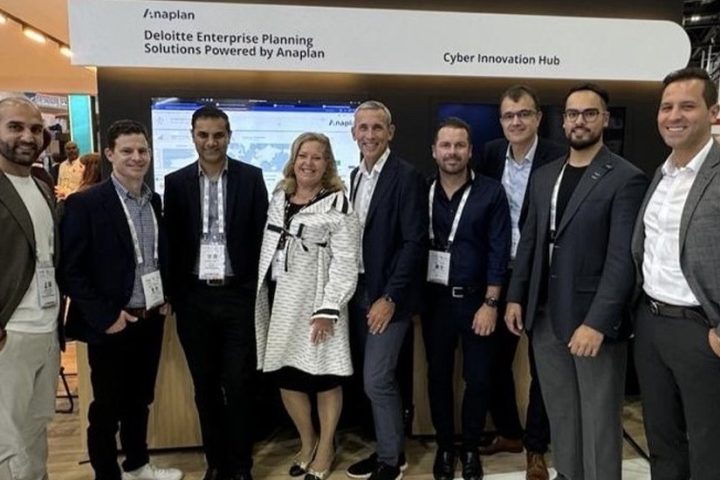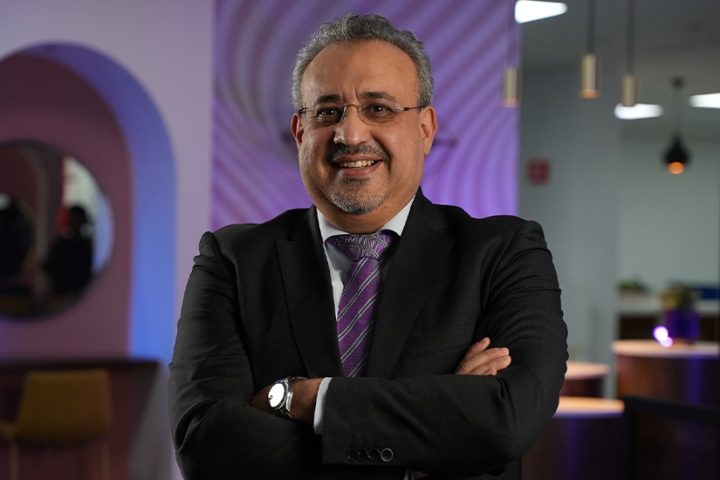The influence of coding continues to disrupt and transform all industries. For example, look at what businesses like Uber and Lyft have done in the transportation space. Or what Airbnb has done in the hospitality sector. Or Amazon in retail. Technology wields an enormous influence these days, bringing disruption and profound change. That is why it is so important for young people to not only gain an appreciation for that impact, but also build a capability to participate in it.
The prototypical coder that is represented in a lot of our media is usually a male working alone in the dark, and somebody that is not totally socially oriented. That kind of persona is not appealing to a large proportion of prospective coders.
The reality is that there are a whole range of activities associated with bringing a successful technology or software product to market. It involves a wide range of skillsets, as well as many different types of jobs and contributions—all of which come from a foundation of having an understanding about coding, and a passion for unlocking the potential of technology.
Kara recommends starting simple, and there are many free resources and offerings from different organisations online. Kara is a board member for Girls Who Code, so is particularly partial to their work and mission to achieve gender parity in technology. For example, they run Summer Immersion Programs and sponsor clubs both in the US and internationally that teach girls to code.
The prototypical male working alone in the dark coder is not appealing to a large proportion of prospective coders
There are many other organisations that offer similar enablement and education opportunities. Her advice to those interested in learning to code is to stick with it. As with most competencies, coding is something that comes to you over time.
Kara got involved with Girls Who Code when she was at McKinsey and they reached out for help with their strategy. At the time, they were one of the fastest growing non-profits in the United States and also recognised as one of the most innovative.
Kara recommends starting simple, and there are many free resources and offerings from different organisations online
Their mission really resonated with Kara, so she leapt at the opportunity to support them pro-bono. In 2016, she was invited to join the board. Her work with them is around advising on growth and thinking through what kind of programmes they can offer to expand their impact.
Their goal is to achieve gender parity in technology jobs within this decade. To Kara, and so many others, this is a really exciting and important mission.
Girls Who Code started in 2012, and the first girls that went through the programme graduated from college in 2016-17. Through a combination of their teaching, awareness-raising initiatives, and advocacy work, Girls Who Code is now responsible for a large proportion of women entering the technology world. The organisation is making a big and meaningful impact when it comes to increasing diversity in technology.
It is vital that all kids are given the opportunity to learn coding
Kara is encouraged by how some countries have adopted requirements in their core curriculums for kids to learn coding. This bodes well for their technology sectors and job-creation abilities moving forward.
Outside of formal curriculum requirements, there is a lot of work taking place across the technology industry and non-profit sector to upskill young people, with a focus on under-represented groups. It is vital that all kids are given the opportunity to learn coding.
Kara is encouraged by how some countries have adopted requirements in their core curriculums for kids to learn coding
To secure a more equitable future, we must nurture a diverse pipeline of talent that can build and excel within technology organisations. Coding and technology are now so important to the global economy—and life in general—that everyone should have an opportunity to participate.
Kara got involved with Girls Who Code when she was at McKinsey and their goal of achieving gender parity in technology jobs within this decade resonated with her.
















